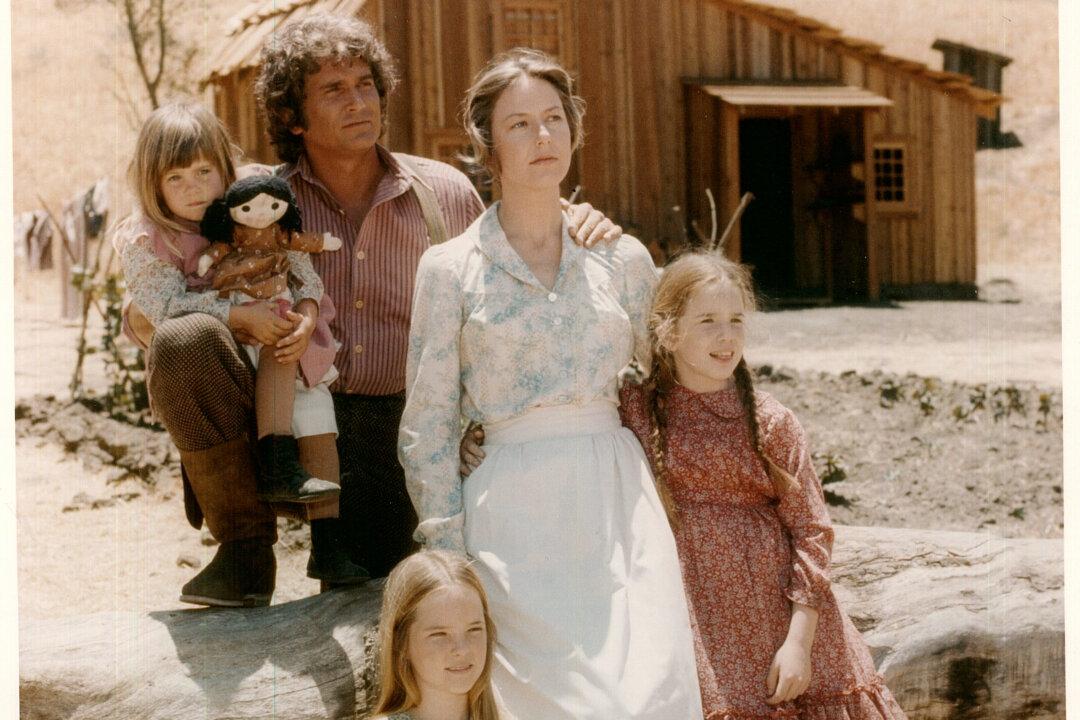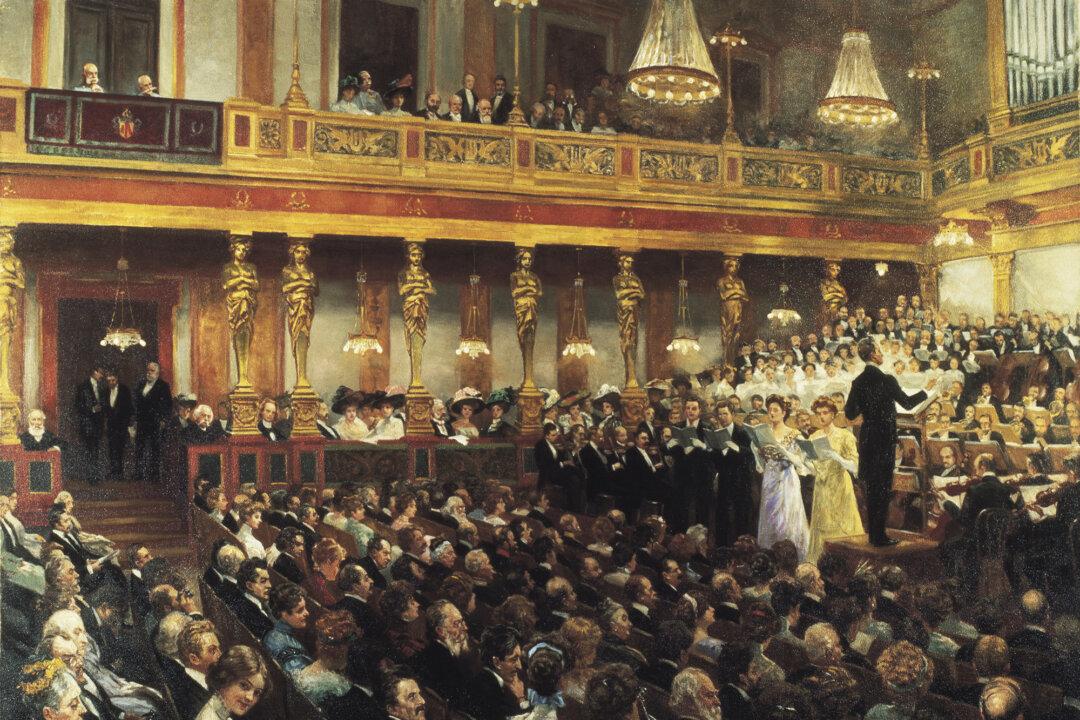When I was 4 years old, my parents took me on a short trip to see the “Little House on the Prairie” pageant in Walnut Grove, Minnesota, one of the many towns that Laura Ingalls Wilder lived in during her rather nomadic life across America’s Midwestern states. My parents had a great time psyching me up during the road trip to Walnut Grove, humming the theme song of the hit TV program focusing on the Ingalls family, of which I was a huge fan—even though the show was in reruns by that time!
That TV show recently hit a big milestone in turning 50. To celebrate, cast members and fans gathered for a big reunion in California, where the show was filmed. Three of those cast members were Melissa Gilbert, Karen Grassle, and Alison Arngrim, who played Laura, Ma, and Nellie Oleson, respectively.






